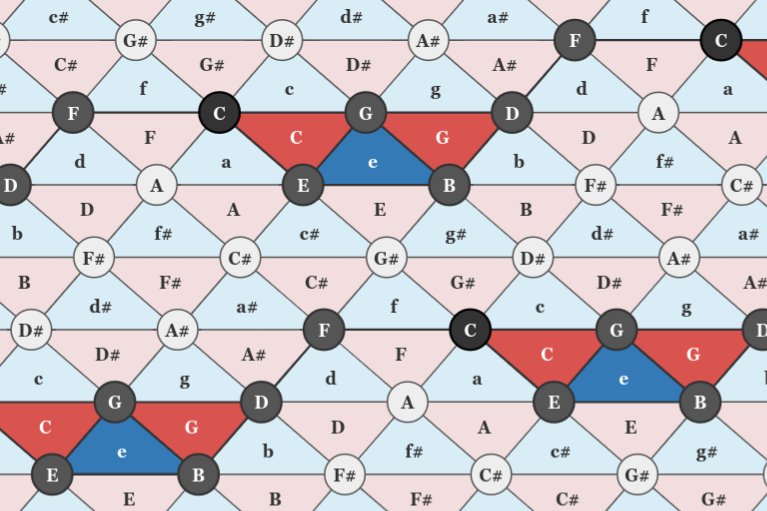Exhausting Combinators
Feb. 4th, 2018 04:10 pmEarly this year, I made a post on LtU about the experimental "abstract" algorithm in MLC. Soon after that, Gabriel Scherer suggested doing exhaustive search through all possible inputs up to a particular size. Recently, I decided to conduct such an experiment. Here are
Some results
I managed to collect some results [1]. First of all, I had to pick a particular definition for "size" of a λ-term, because there are many. I chose the one that is used in A220894 [2]:
size(x) = 0;
size(λx.M) = 1 + size(M);
size(M N) = 1 + size(M) + size(N).
For sizes from 1 to 9, inclusively, there exist 5663121 closed λ-terms. I tested all of them against both "abstract" [3] and "optimal" [4] algorithms in MLC, with up to 250 interactions per term. The process took almost a day of CPU time. Then, I automatically compared them [5] using a simple awk(1) script (also available in [1]), looking for terms for which normal form or number of β-reductions using "abstract" would deviate from "optimal".
No such terms have been found this way. Surprisingly, there have been identified apparent Lambdascope counterexamples instead, the shortest of which is λx.(λy.y y) (λy.x (λz.y)) resulting in a fan that reaches the interaction net interface. I plan to look into this in near future.
As for sizes higher than 9, testing quickly becomes unfeasible. For example, there are 69445532 closed terms of sizes from 1 to 10, inclusively, which takes a lot of time and space just to generate and save them. [6] is a 200MB gzip(1)'ed tarball (4GB unpacked) with all these terms split into 52 files with 1335491 terms each. In my current setting, it is unfeasible to test them.
I may come up with optimizations at some point to make it possible to process terms of sizes up to 10, but 11 and higher look completely hopeless to me.
[1] https://gist.github.com/codedot/3b99edd504678e160999f12cf30da420
[2] http://oeis.org/A220894
[3] https://drive.google.com/open?id=1O2aTULUXuLIl3LArehMtwmoQiIGB62-A
[4] https://drive.google.com/open?id=16W_HSmwlRB6EAW5XxwVb4MqvkEZPf9HN
[5] https://drive.google.com/open?id=1ldxxnbzdxZDk5-9VMDzLvS7BouxwbCfH
[6] https://drive.google.com/open?id=1XjEa-N40wSqmSWnesahnxz6SXVUzzBig
Some results
I managed to collect some results [1]. First of all, I had to pick a particular definition for "size" of a λ-term, because there are many. I chose the one that is used in A220894 [2]:
size(x) = 0;
size(λx.M) = 1 + size(M);
size(M N) = 1 + size(M) + size(N).
For sizes from 1 to 9, inclusively, there exist 5663121 closed λ-terms. I tested all of them against both "abstract" [3] and "optimal" [4] algorithms in MLC, with up to 250 interactions per term. The process took almost a day of CPU time. Then, I automatically compared them [5] using a simple awk(1) script (also available in [1]), looking for terms for which normal form or number of β-reductions using "abstract" would deviate from "optimal".
No such terms have been found this way. Surprisingly, there have been identified apparent Lambdascope counterexamples instead, the shortest of which is λx.(λy.y y) (λy.x (λz.y)) resulting in a fan that reaches the interaction net interface. I plan to look into this in near future.
As for sizes higher than 9, testing quickly becomes unfeasible. For example, there are 69445532 closed terms of sizes from 1 to 10, inclusively, which takes a lot of time and space just to generate and save them. [6] is a 200MB gzip(1)'ed tarball (4GB unpacked) with all these terms split into 52 files with 1335491 terms each. In my current setting, it is unfeasible to test them.
I may come up with optimizations at some point to make it possible to process terms of sizes up to 10, but 11 and higher look completely hopeless to me.
[1] https://gist.github.com/codedot/3b99edd504678e160999f12cf30da420
[2] http://oeis.org/A220894
[3] https://drive.google.com/open?id=1O2aTULUXuLIl3LArehMtwmoQiIGB62-A
[4] https://drive.google.com/open?id=16W_HSmwlRB6EAW5XxwVb4MqvkEZPf9HN
[5] https://drive.google.com/open?id=1ldxxnbzdxZDk5-9VMDzLvS7BouxwbCfH
[6] https://drive.google.com/open?id=1XjEa-N40wSqmSWnesahnxz6SXVUzzBig
